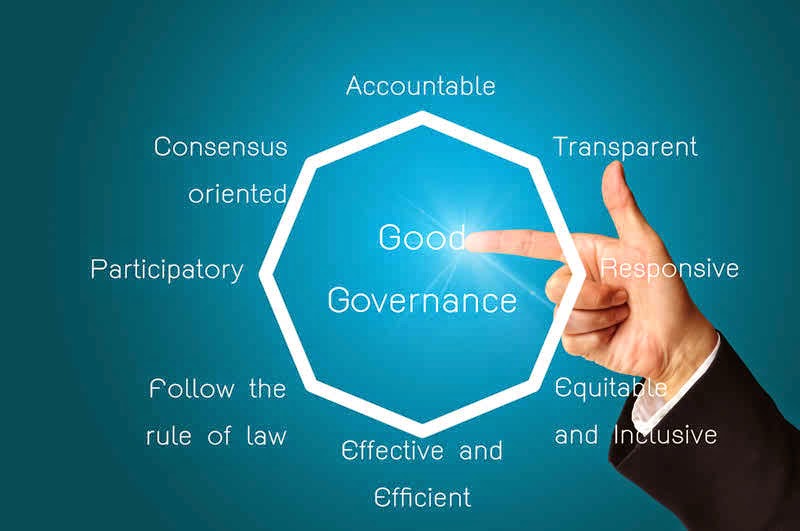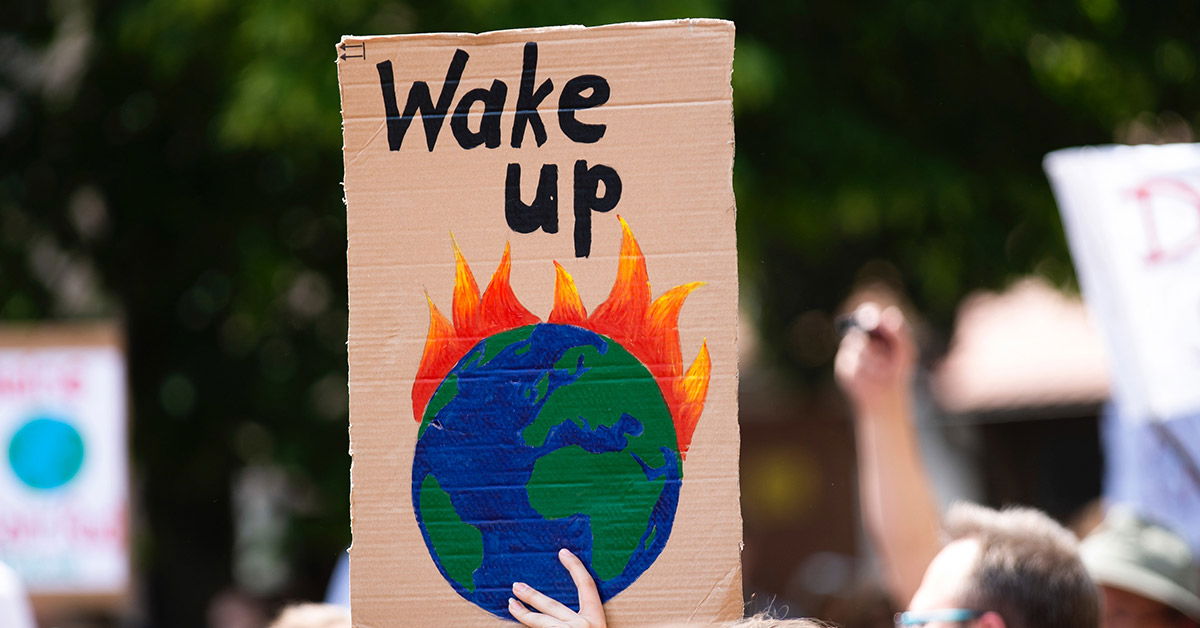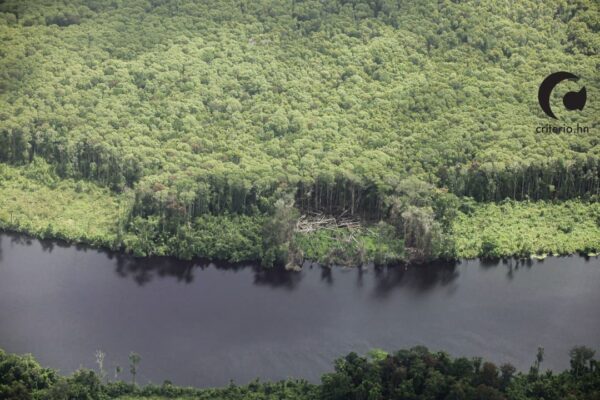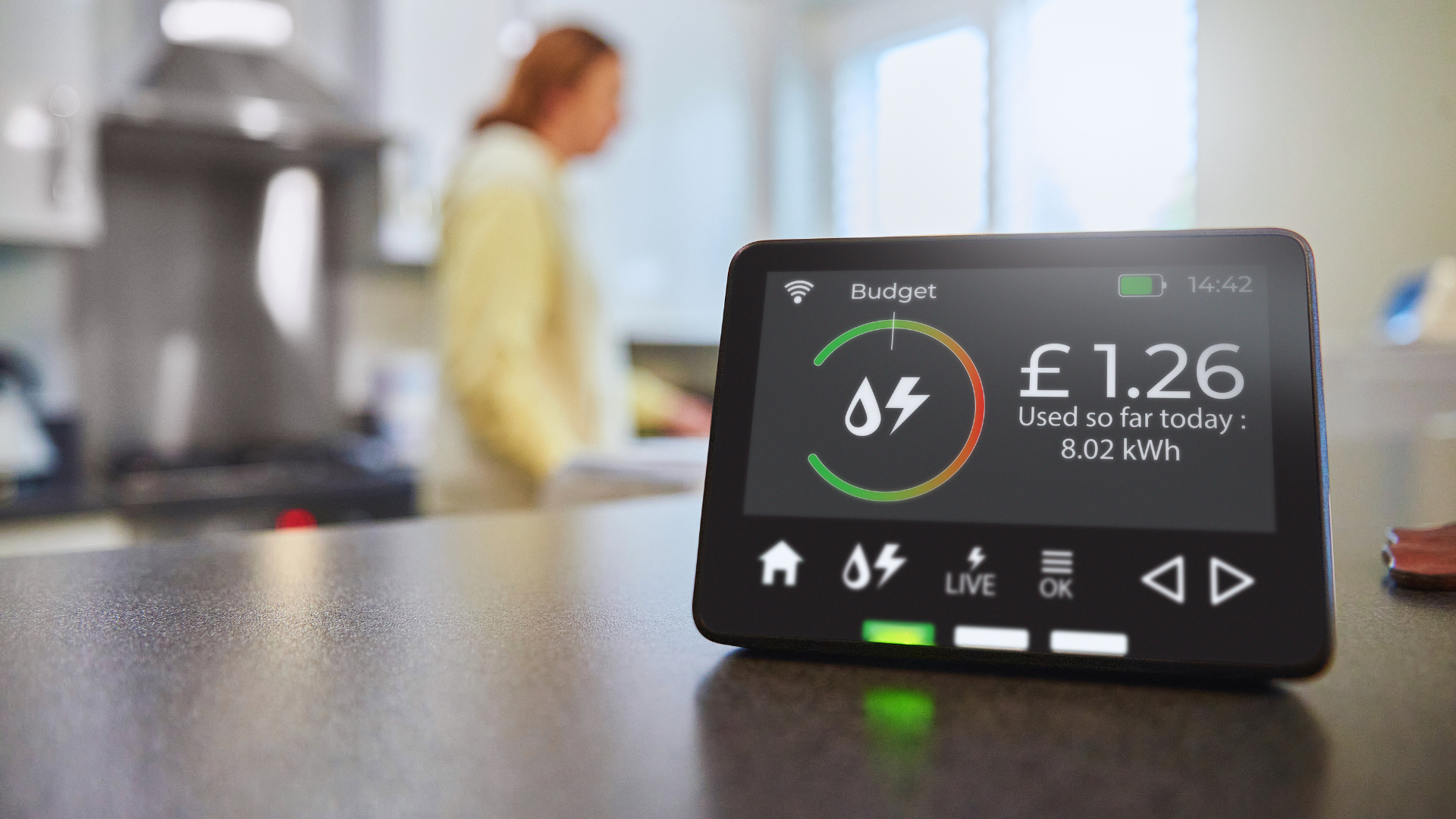Request For Proposals: Low Carbon Fuels Study – Calgary Economic Development
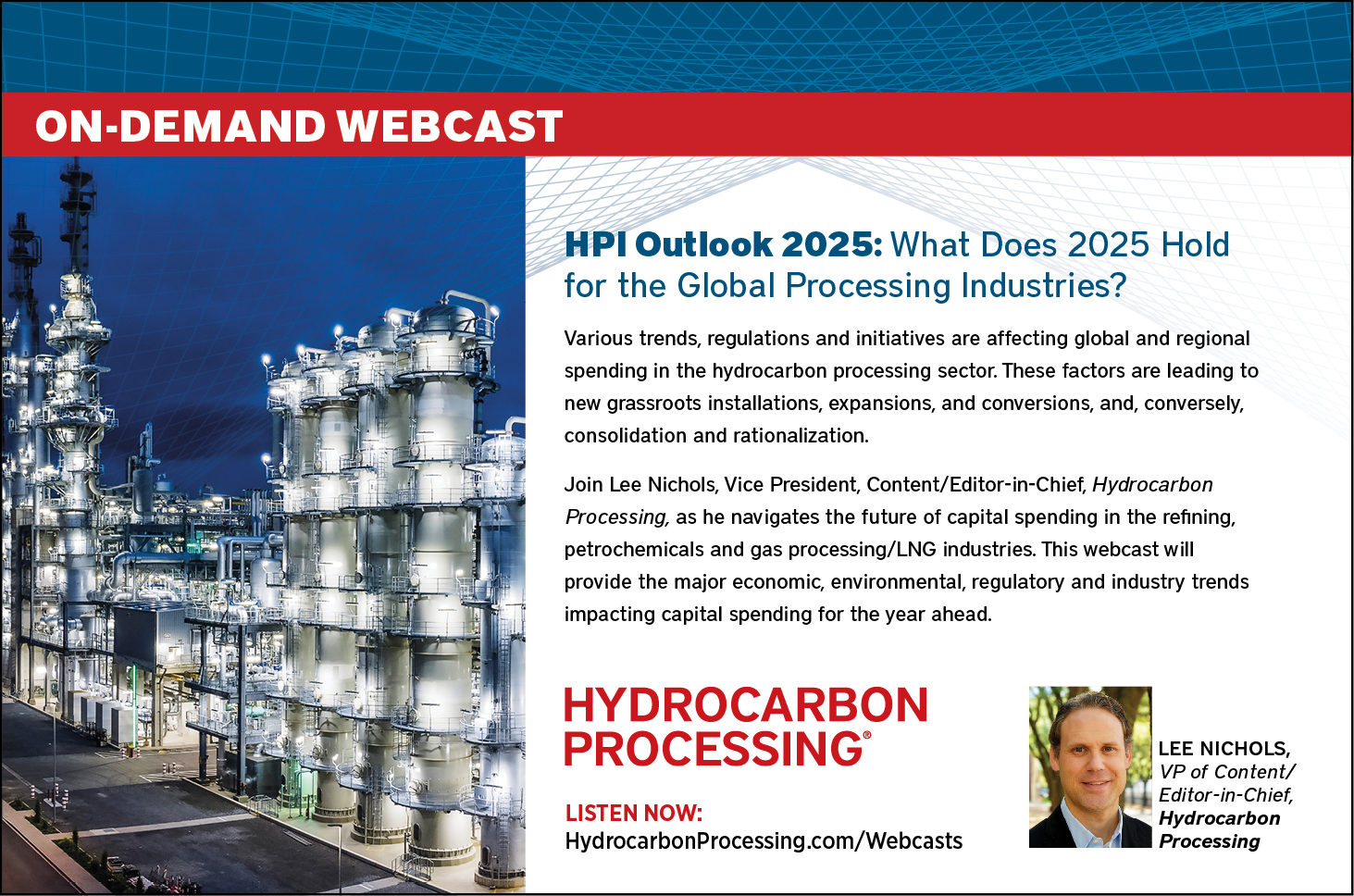
Request for Proposal: Low Carbon Fuels Study for Sustainable Urban Development
Strategic Initiative Overview
Calgary Economic Development (CED) is launching a pivotal Low Carbon Fuels Study to inform strategic decisions that support the future needs and development of the sector. This initiative is central to Calgary’s commitment to economic diversification and environmental stewardship, directly addressing the United Nations Sustainable Development Goals (SDGs). By fostering collaboration between business, government, and community partners, CED aims to position Calgary as a leading location for sustainable investment and innovation.
Project Objectives and SDG Alignment
The core objective of this study is to create a strategic framework for the growth of the low-carbon fuels sector. This project is fundamentally aligned with several key SDGs:
- SDG 7 (Affordable and Clean Energy): The study will identify pathways to develop and scale up low-carbon fuel sources, contributing to a global transition to cleaner energy systems.
- SDG 9 (Industry, Innovation and Infrastructure): It aims to build a resilient and innovative industrial ecosystem, fostering new technologies and infrastructure required for a sustainable energy future.
- SDG 11 (Sustainable Cities and Communities): By promoting cleaner fuels, the initiative will help reduce Calgary’s carbon footprint, making the city more inclusive, safe, resilient, and sustainable.
- SDG 13 (Climate Action): The findings will provide actionable intelligence to combat climate change by accelerating the shift away from carbon-intensive energy sources.
- SDG 8 (Decent Work and Economic Growth): The development of a low-carbon fuels sector is expected to attract significant investment, stimulate inclusive economic growth, and create new, high-quality jobs.
- SDG 17 (Partnerships for the Goals): This Request for Proposal itself embodies the spirit of partnership, seeking expert collaboration to achieve shared sustainability objectives.
Required Scope of Analysis
CED invites qualified firms to submit proposals. The selected consultant is expected to provide a comprehensive analysis focusing on the following areas to advance Calgary’s sustainability targets:
- Market Trends and Future Dynamics: An assessment of global and local trends to ensure the sector’s development is aligned with the long-term goals of SDG 7 and SDG 13.
- Ecosystem and Cluster Development: A strategy for cultivating a robust local ecosystem that fosters innovation and builds resilient infrastructure, directly supporting SDG 9 and SDG 11.
- Competitive Positions and Differentiation: An evaluation of Calgary’s unique strengths to attract sustainable investment and promote economic growth as outlined in SDG 8.
- Investment and Policy Levers: Identification of critical financial and regulatory mechanisms needed to accelerate the transition to a low-carbon economy.
- Future Scenarios and Risks: An analysis of potential future pathways and associated risks to ensure the long-term resilience and sustainability of the sector.
Proposal Submission Timeline
- Deadline for Questions: August 1, 2025, at 17:00 MST. Submissions must be made via email.
- Deadline for Proposals: August 15, 2025, at 17:00 MST. Submissions must be made via email.
Access to Full Request for Proposal
For complete details on the scope of work and submission requirements, please download the official Request for Proposal document.
1. Which SDGs are addressed or connected to the issues highlighted in the article?
The article, a Request for Proposal (RFP) for a “Low Carbon Fuels Study” by Calgary Economic Development (CED), connects to several Sustainable Development Goals by focusing on the transition to cleaner energy, fostering economic growth through innovation, and building partnerships.
SDG 7: Affordable and Clean Energy
- The core subject of the article is the commissioning of a “Low Carbon Fuels Study.” This directly supports the goal of increasing access to clean and sustainable energy sources as an alternative to traditional high-carbon fuels.
SDG 8: Decent Work and Economic Growth
- The study aims to “support the future needs and strategy needed for the development of the sector” and “enable sector growth.” This focus on building a new economic sector in low-carbon fuels is aimed at diversifying the economy and creating new opportunities for business and employment, which is central to SDG 8.
SDG 9: Industry, Innovation and Infrastructure
- The RFP calls for analysis of “Ecosystem and cluster development” and “innovation.” This highlights a focus on building new, sustainable industrial capabilities and fostering innovation to create a competitive low-carbon fuel sector, directly aligning with the objectives of SDG 9.
SDG 13: Climate Action
- By definition, “low-carbon fuels” are a critical tool in reducing greenhouse gas emissions. The study is a foundational step for Calgary to develop strategies that contribute to mitigating climate change, which is the primary objective of SDG 13.
SDG 17: Partnerships for the Goals
- The article states that CED “works collaboratively with business, government, and community partners.” The RFP itself is an action to form a new partnership with a “qualified firm” to achieve shared economic and environmental goals, embodying the spirit of SDG 17.
2. What specific targets under those SDGs can be identified based on the article’s content?
The article’s objectives align with several specific SDG targets related to energy, economy, innovation, and climate policy.
SDG 7: Affordable and Clean Energy
- Target 7.2: “By 2030, increase substantially the share of renewable energy in the global energy mix.” The study on low-carbon fuels is a direct preliminary step to facilitate the growth of cleaner energy sources in the regional energy mix.
- Target 7.a: “By 2030, enhance international cooperation to facilitate access to clean energy research and technology…and promote investment in energy infrastructure and clean energy technology.” The study is designed to “build intelligence” and analyze “investment and policy levers,” which are necessary to promote investment in clean energy technology.
SDG 8: Decent Work and Economic Growth
- Target 8.2: “Achieve higher levels of economic productivity through diversification, technological upgrading and innovation…” The focus on developing the low-carbon fuels sector is an explicit strategy for economic diversification and technological upgrading for Calgary’s economy.
SDG 9: Industry, Innovation and Infrastructure
- Target 9.5: “Enhance scientific research, upgrade the technological capabilities of industrial sectors…encouraging innovation and substantially increasing…public and private research and development spending.” The commissioning of this study is an investment in research and development aimed at building a new, innovative industrial sector.
SDG 13: Climate Action
- Target 13.2: “Integrate climate change measures into national policies, strategies and planning.” The study’s purpose is to “inform decisions from CED and partners to support the future needs and strategy,” which is a form of integrating climate change considerations into local economic strategy and planning.
SDG 17: Partnerships for the Goals
- Target 17.17: “Encourage and promote effective public, public-private and civil society partnerships…” The entire RFP process, initiated by CED to work with a private firm and other “business, government, and community partners,” is a direct application of this target.
3. Are there any indicators mentioned or implied in the article that can be used to measure progress towards the identified targets?
The article is a call for a study, so it does not contain progress data. However, it implies the creation of analytical tools and strategies that serve as indicators of commitment and initial action.
Implied Indicators:
- For Target 7.2 & 7.a: The requested analysis of “Market trends and future dynamics” and “Investment and policy levers” for low-carbon fuels will serve as a baseline measurement tool. The study’s final report itself is an indicator of investment in clean energy research.
- For Target 8.2: The analysis of “Ecosystem and cluster development” and “Competitive positions” will provide metrics to track the growth and economic contribution of the new low-carbon fuel sector.
- For Target 9.5: The commissioning of the “Low Carbon Fuels Study” is a direct indicator of spending on research and development to foster innovation. The study’s findings on “future scenarios and risks” will inform future R&D investments.
- For Target 13.2: The development of a strategy based on the study’s findings is a key indicator. The existence of a formal “strategy needed for the development of the sector” would be a measurable outcome.
- For Target 17.17: The successful selection of a “qualified firm” and the formal partnership established to conduct the study is a direct and measurable indicator of a new public-private partnership being formed.
4. Create a table with three columns titled ‘SDGs, Targets and Indicators” to present the findings from analyzing the article. In this table, list the Sustainable Development Goals (SDGs), their corresponding targets, and the specific indicators identified in the article.
| SDGs | Targets | Indicators |
|---|---|---|
| SDG 7: Affordable and Clean Energy | 7.2: Increase the share of renewable energy. 7.a: Promote investment in clean energy research and technology. |
Analysis of “Market trends and future dynamics” for low-carbon fuels; The commissioning of the study itself as an investment in research. |
| SDG 8: Decent Work and Economic Growth | 8.2: Achieve higher economic productivity through diversification and innovation. | Analysis of “Ecosystem and cluster development” to measure the potential for sector growth and job creation. |
| SDG 9: Industry, Innovation and Infrastructure | 9.5: Enhance scientific research and upgrade technological capabilities by encouraging innovation. | The “Low Carbon Fuels Study” as a direct investment in R&D to “build intelligence” and foster “innovation.” |
| SDG 13: Climate Action | 13.2: Integrate climate change measures into policies, strategies and planning. | The development of a formal “strategy needed for the development of the sector” based on the study’s findings. |
| SDG 17: Partnerships for the Goals | 17.17: Encourage and promote effective public-private partnerships. | The establishment of a partnership between CED and a selected “qualified firm” to conduct the study. |
Source: calgaryeconomicdevelopment.com

What is Your Reaction?
 Like
0
Like
0
 Dislike
0
Dislike
0
 Love
0
Love
0
 Funny
0
Funny
0
 Angry
0
Angry
0
 Sad
0
Sad
0
 Wow
0
Wow
0















